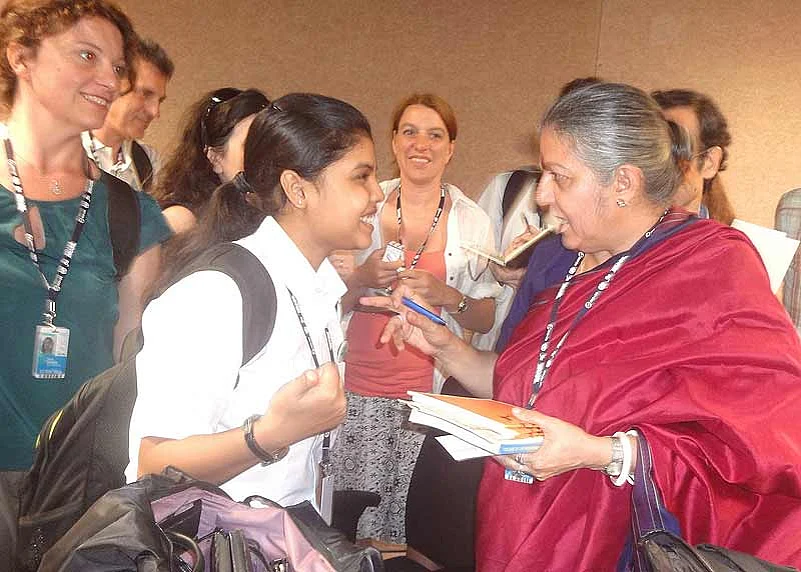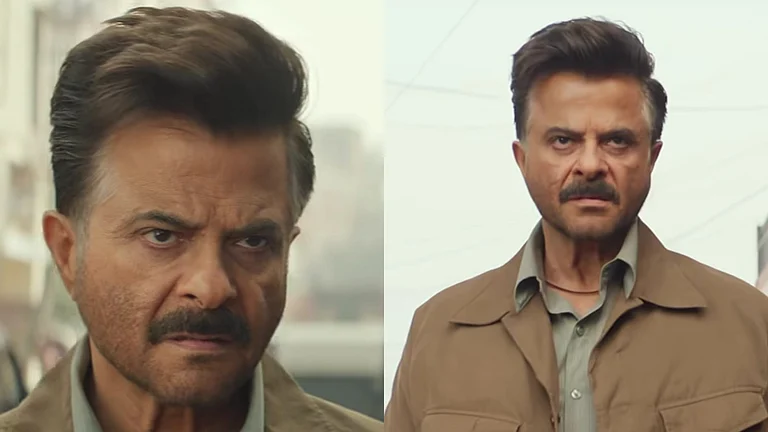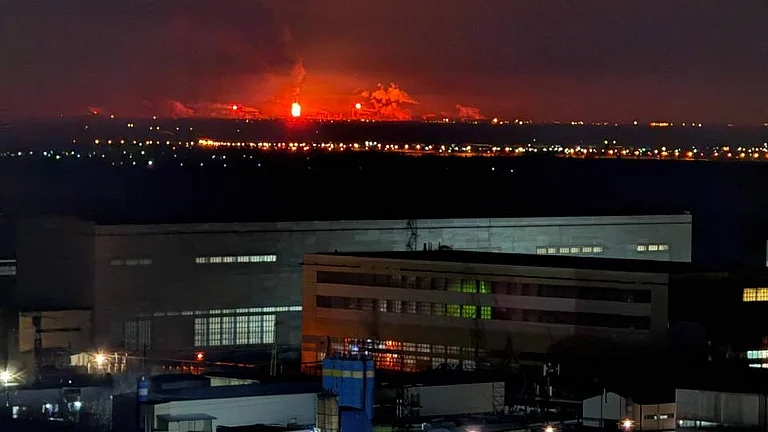She travelled to Norway when she was barely 12 years old to speak on energy conservation. At least switch to CFL and LED, she had pleaded. That was four years ago. Her village in Dumka, Bihar, still has no electricity. At Rio this month, Shweta Marandi gave a one-and-a-half hour presentation on the same subject and was invited to visit Rome and Ireland to address audiences there.
“Norway was a children’s conference,” recalls Shweta disarmingly over the telephone, “but at Rio, it was an adult audience.” She claims to have got over 12,000 people to promise that they would save 100 watts of power a day by substituting two electric bulbs with CFL ones. “I started the campaign in the neighbourhood first and it was relatively easy because we live in a gated community of revenue department officials,” Shwera says.
Born in a Santhal family, the commerce student, who aspires to be a diplomat one day, was moved by the plight of tribals displaced by coal mines. While coal was necessary to generate power and light up people’s lives, the displaced lived in darkness. As she mulled over the injustice of it all, she heard Bihar chief minister Nitish Kumar lament that the state had to buy 80 per cent of its electricity requirement from outside. That’s when she began studying the subject and came up with a PowerPoint presentation that floored environment group Taru Mitra, which pledged to aid her mission.
The dramatic presentation reminded its audiences that their electricity is generated by the blood, sweat and tears of tribals. The social cost of coal mining could not be calculated. Dhanbad, the coal capital in Jharkhand, is a living hell, she would add, and wonder how many people in the coal industry have actually died of diseases affecting the lungs.
A direct fallout of her campaign, says Taru Mitra founder Fr Robert Athickal, was the mushrooming of shops offering to repair ‘fused’ CFL lamps. “This is a classic example of Indian jugaad,” quips the environmentalist and adds, “I have got ten of them repaired this year, paying on an average Rs 30 for each of them, and they turned out to be quite durable.”
The Vatican has installed 3,000 solar panels to generate power, Athickal says. The Archbishop of Patna, William D’Souza, has stopped the practice of illuminating churches during Christmas. Use the money to light up the lives of deserving people, was his message. At Mount Abu, the Bramhakumari Foundation, with help from a German scientist, Wolfgang Sheffler, claims to feed 30 to 40 thousand visitors every day with food cooked entirely on solar steam-cookers.
Delegates from developed countries, Shweta and Athickal recall, confessed that they took electricity so much for granted that the thought of ‘wasting energy’ would rarely occur to them. Decision-makers are yet to show any urgency, but these school students in Patna, led by Shweta, are in no mood to give up.

























